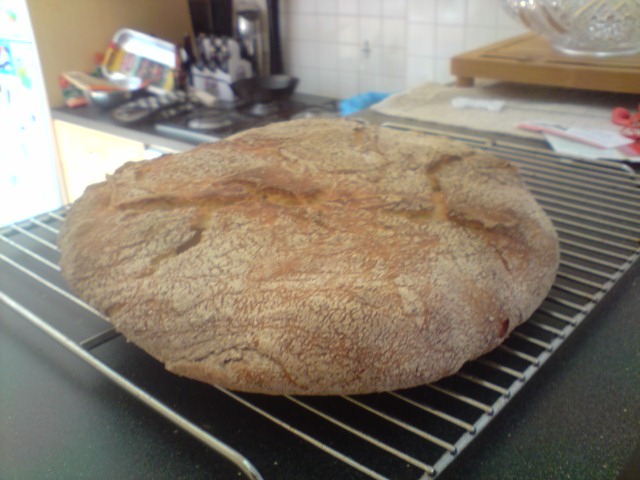“All ran to meet their chains thinking they secured their freedom,” I recall for you from Rousseau’s Second Discourse, “for although they had enough reason to feel the advantages of political establishment, they did not have enough experience to foresee its dangers.
As I recall Rousseau’s words, Beckett’s lines from Godot come to me from the empty stage: “Habit is the ballast that chains the dog to his vomit.”
And, returning to politics with Kant: “Perhaps a revolution can overthrow autocratic despotism and profiteering or power-grabbing oppression, but it can never truly reform a manner of thinking;” and here is the important point, “instead, new prejudices, just like the old ones they replace, will serve as a leash for the great unthinking mass.”
Back to Rousseau, first we need to place his phrase political establishment. For Rousseau, political establishment was not only the Monarch, Sovereign state, Confucius’ benevolent ruler, Lao Zi’s or Aristotle’s sage king, Hobbes’ indestructible sovereign nor democratically elected government. No, Rousseau is interested in a political establishment which is both an almost infinite sphere and an almost infinitesimal sphere, which is humanity. It is a humanity that Marx knew.
“The human being is in the most literal sense a political animal,” wrote Marx, echoing Aristotle, “not merely a gregarious animal, but an animal which can individuate itself,” and now echoing Kant,” in the midst of society.”
To Aristotle humans became human through language. It was the essential tool for society’s interaction. This language begot society which begot politics. To be human is to be political. In recent years and in a similar vein, other philosophers lead by Maurice Blanchot have claimed: everything is political. The latter claim lacks poetry and imagination. But, it is a claim with a descriptive usefulness like phrases: everything a question of ethics, everything begins with the way of tao or in the beginning was the word.
In the last paragraph in Kant’s famous essay What is enlightenment? we find this paradox: “A greater degree of civil freedom seems advantageous to a people’s spiritual freedom; yet the former,” that is civil freedom, “established impassable boundaries for the latter; conversely, a lesser degree of civil freedom provides enough room for all fully to expand their abilities.”
Kant might have written, “limiting individuals freedom provides enough room for individuals to be free.” What makes this more than a truism? Let me put Kant’s line once again in other words, and let’s focus on who provides enough room. Kant might have written, “society limits individual freedom to provide individual freedom.” Here, we can feel a concern for what is public and what is private. Indeed, public and private are not opposites. They are more like yin and yang. They exist within and for each other. To be radically individual is only possible through participation in a community. An individual is not an individual in a community of one.
Now put Rousseau, Kant and Marx together. To be human is to be political. To be political is to be individual. To be individual is to be in society. Rousseau’s chains can be found equally in the radical individual as it can be found in a ruling class.
Last is a line from Baudrillard on power: “Power did not always consider it self as power, and the secret of the great politicians was to know that power does not exist… This secret of power’s lack of existence that the great politicians shared also belongs to the great bankers, who know that money is nothing, that money does not exist; and it also belonged to the great theologians and inquisitors who know that God does not exist, that God is dead.” The man, who out Nietzsched Nietzsche in his own race to nullify all meaning, has put together an exemplary observation of reality. It is not a projection of reality might be nor a tool for dealing with reality. Like all concepts it is a stepping stone, something to hold while we readjust out balance, something that is temporarily useful. It is a useful description.
And, now I arrive at my point. The learned individual, the learned radical individual in society, knows that he might not exist, that he might be tied to his vomit that might not exist, that he might be running to or from chains that might not exist. He knows the infinite touches everything, and he knows questions about where public and private start and end, where individuals and society starts and end, are questions in which both sides are of such infinite largeness and infinitesimal smallness that they are one in the same. But, he does not subject himself to inaction.

